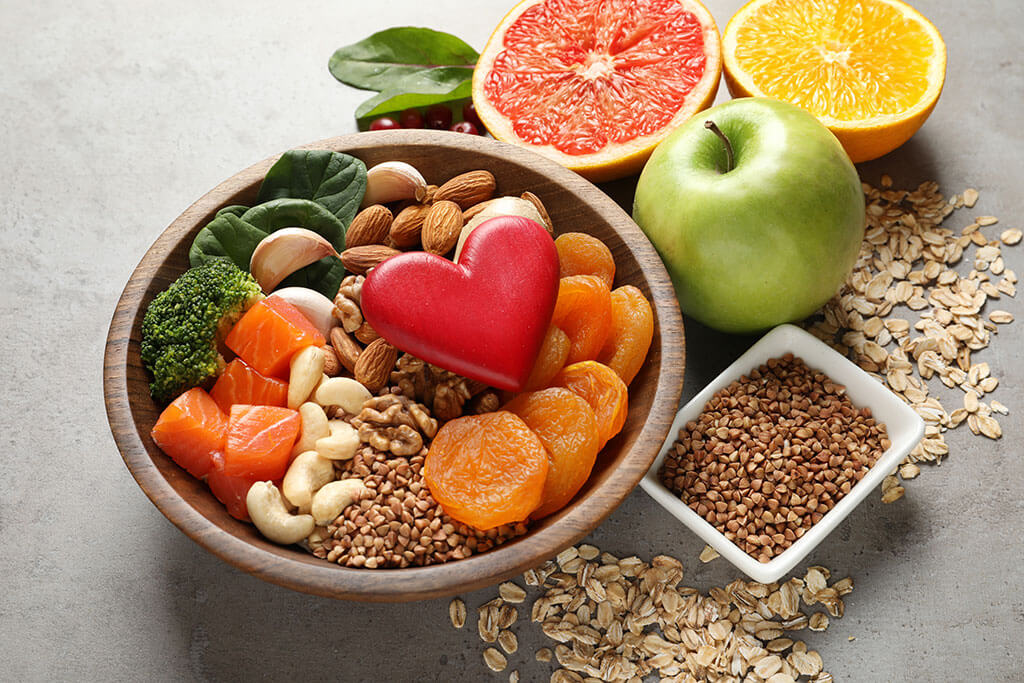Heart disease becomes a scary concern as an older adult since it becomes more and more likely to occur as you age. Furthermore, you are what you eat. Here are some heart-healthy diets for seniors, so you can learn how to prevent poor heart health in your golden years. Live your life to the fullest, without a heart condition holding you back!
Pick and Choose Your Fats Wisely
There are so many negative misconceptions surrounding fats as a whole. Rather than cutting fats out of our diet completely, consider swapping out the harmful fats in your diet with beneficial fats that can help to improve your heart health!
You should be especially wary of artificial trans fats that can put you at risk of cardiovascular disease, present in fast food items, non-dairy coffee creamers, and other foods. Saturated fats can still be enjoyed in limited amounts (10% of your daily calorie intake), so do enjoy foods such as dairy products and red meats in moderation.
On the bright side, healthy (monosaturated, polyunsaturated) fats can even improve your heart health and lower your risk of heart disease. You can always have omega-3 fatty acids every day, so don’t be shy to have an extra helping of foods like salmon, trout, walnuts, spinach, and avocados.
Avoid Sugars and Refined Carbs
Sugar can also put you at risk of suffering from cardiovascular disease. Sugary foods, unlike certain healthy fats, usually only act as empty calories without much merit for your body. Sugar is also a large contributing factor to obesity, a huge risk factor in heart failure. It’s easy to find areas to cut sugar out from your life, such as swapping out sugary soft drinks with good ol’ water or skipping dessert more often. You can also try the many alternatives to foods high in sugar and refined carbohydrates, such as whole wheat or multigrain bread that can replace white bread in your daily meals.
Help Yourself to More High-Fiber Foods
A high-fiber diet can help to improve your cholesterol levels and come with nutrients that combat heart disease. Fiber moves fats through your system faster, helping your body absorb fewer fats. Keep this fact in mind next time you indulge in some fatty foods! There are two types of fibers you can look for during your next grocery run: insoluble fibers (found in whole grains, wheat cereals, carrots, celery) and soluble fibers (found in barley, oatmeal, beans, apples, berries).
Limit Salt and Processed Foods
Salt consumption can raise blood pressure, which is a major risk factor for cardiovascular disease. Reducing your sodium intake doesn’t mean you have to force yourself to eat bland foods all the time! Instead of processed foods such as microwaved instant foods, you can make your own meals from scratch to manage your sodium intake. A good alternative for salt as a flavor enhancer is using the wide variety of spices available. It makes cooking (and eating!) a more fun experience overall.
At GreenTree At Westwood, feel free to leave the diet management to us! Our Sensations Dining senior living program ensures that you receive healthy, delicious chef-prepared meals daily.







